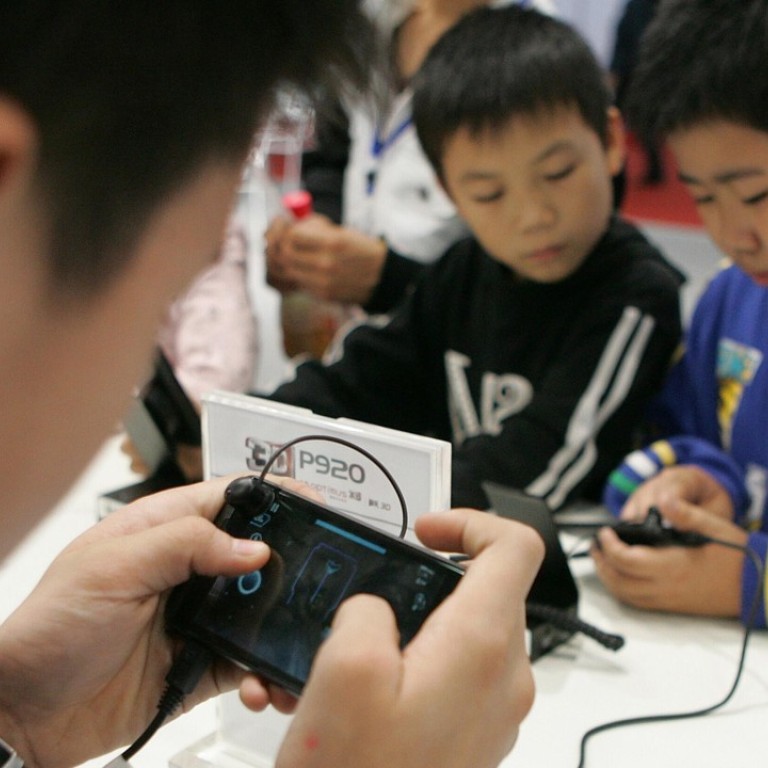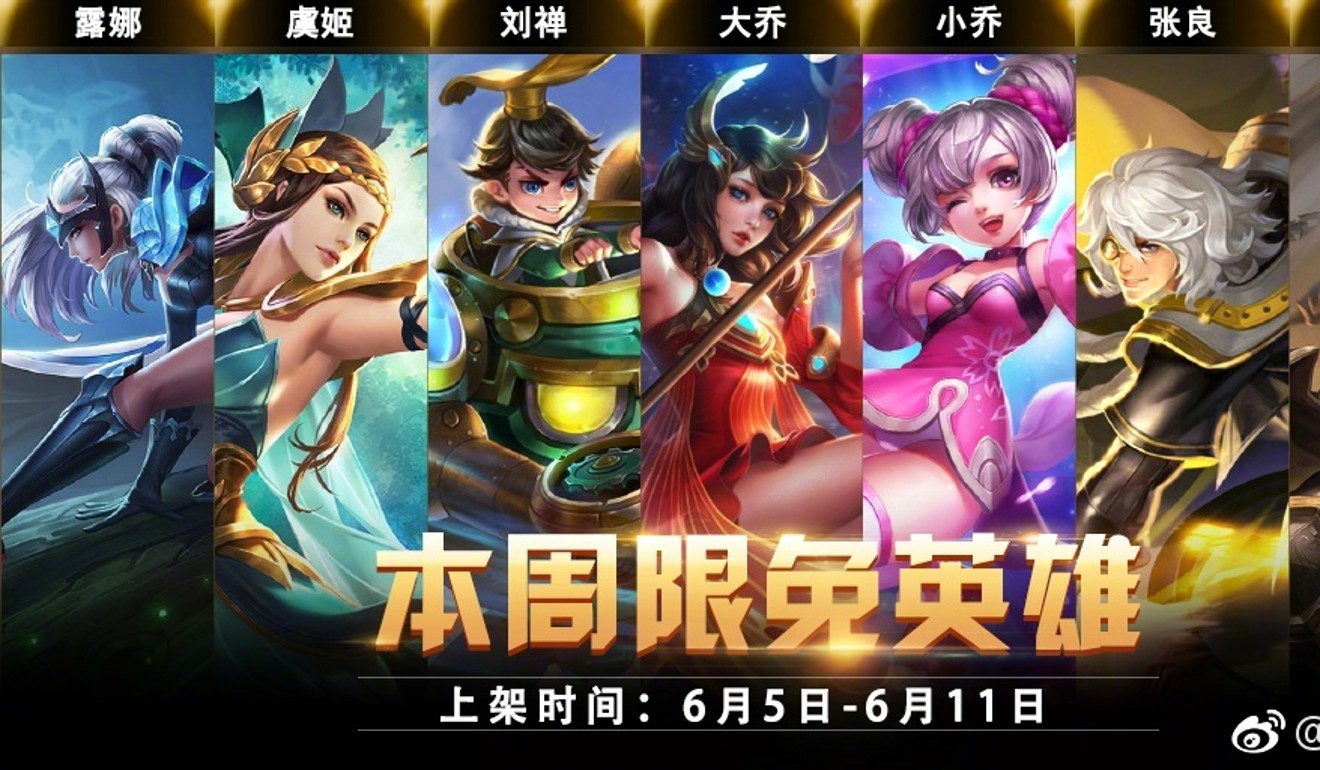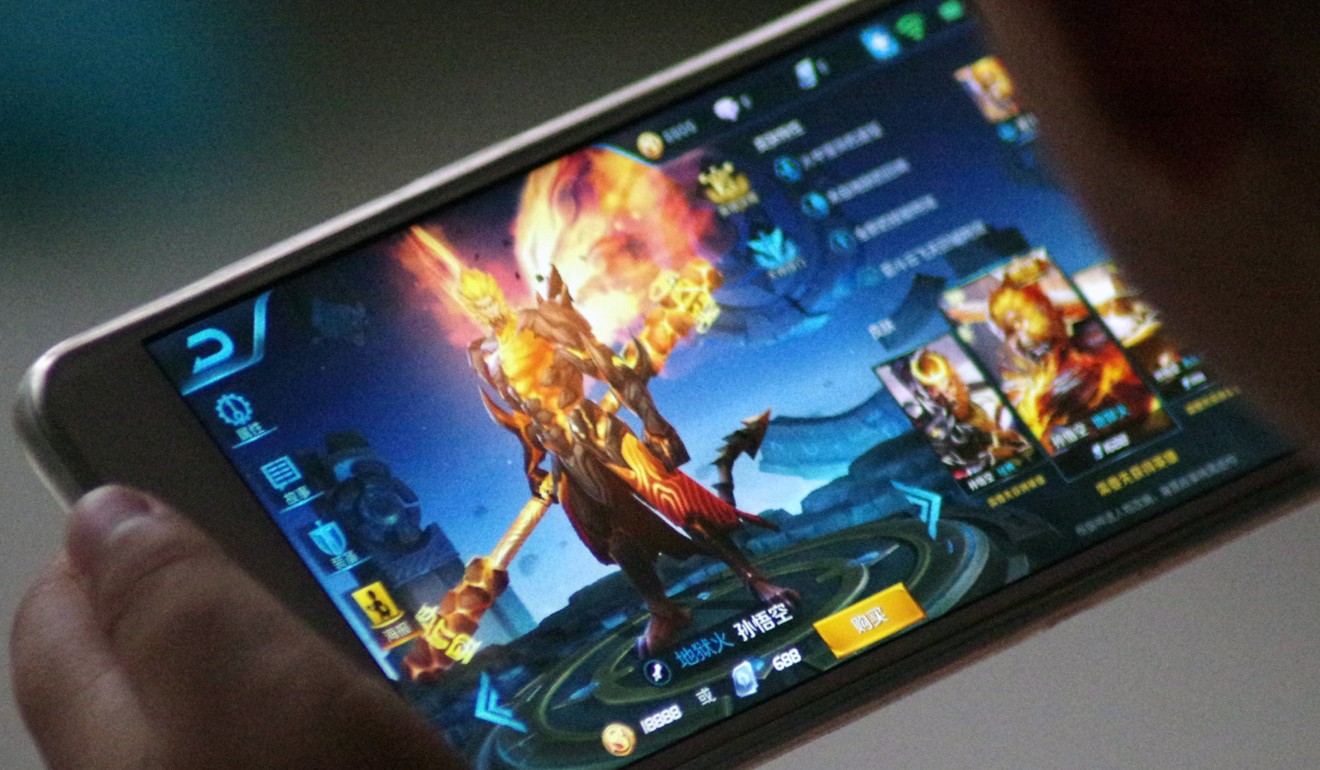
Regulatory hurdles unlikely to trip up gaming growth
Tencent, with almost half of China’s gaming market share, has introduced a daily time limit of one hour for players under the age of 12 who will not be able to log into the game after 9pm
Gaming operators are facing more hurdles to publishing new mobile titles in an increasingly competitive market following tougher censorship controls being introduced in China.
However, regulatory scrutiny is unlikely to affect growth the world’s biggest gaming market, according to analysts.
Early this week, gaming and social media giant Tencent’s share price took a hit following criticisms from state-owned People’s Daily over its popular mobile title Honour of Kings, slamming it as “poison” and a “drug” that was harming teenagers.
“Don’t commit evil,” People’s Daily railed in a July 4 commentary.
“As a company that does good for the world, we will get better rewards in the long run even if we have to sacrifice some short-term profits, the company responded.”
Tencent, which has an almost 50 per cent share of China’s gaming market share, said it has introduced a daily time limit of one hour for players under the age of 12 who will not be able to log into the game after 9pm. Players between the ages of 12 and 18 would be allowed two hours of daily play time, the company said.
The company also said it would upgrade the parental control platform to make it easier for parents to monitor their children’s gaming account activities while stepping up the requirement for real-name registration of all users.

In December last year, the Ministry of Culture updated its set of rules such as asking gaming operators to disclose their name, property, content, quantity, and draw probability of all virtual items and services that can be drawn on the official game website in a bid to clean up pornography and gambling contents or anything deemed “offending social morality”, according to Nico Partners.
Last month, media regulator the State Administration of Press, Publication, Radio, Film and Television told three popular websites – the Twitter-like Sina Weibo, video sharing site AcFun and Phoenix New Media’s news portal iFeng.com – to immediately stop broadcasting unlicensed video and audio content.
Video games can also be affected by changes in live streaming laws being made, according to Nico Partners.
Since last year, only games that have been approved or have a license to operate in China can be live stream. Getting an approval to publish a new games can also take more than three months.
“Games companies sichas Tencent and NetEase have been keen to get ahead and have around half a dozen games each that have been approved – but aren’t set to release until later this year,” Niko Partners analyst Daniel Ahmad said in a blog post in March.
In addition to growing regulatory scrutiny, tougher competition in the mobile games market means it’s making it more important to hold onto loyal fans.
“Currently, competition within China’s mobile gaming market is stiff. There are too many similar mobile games flooding the market, which require gaming firms to target segments when they develop their games,” said Johnny Zhou, an analyst with research firm IDC China.

An example is Tencent’s fantasy role-playing game Honour of Kings, which is similar to its desktop game “League of Legends”. The mobile title has attracted more than 200 million players since its launch in 2015.
According to mobile data firm Jiguang, 25.7 per cent of Honour Honour of Kings players are aged under 19. Gamers play at least twice a day and on average they spend 47.2 minutes playing the game. 54 per cent are female, according to Jiaguang.
Tencent aims to develop a professional league based on the game, King Pro League, and has been targeting college students with tournaments taking places at campuses and offering cash prizes.
According to Niko Partners, the game is now the most popular title being streamed on platforms such as Douyu and Huya . A number of live stream hosts have benefited from the success of Honour of Kings, including 19-year-old Hai Shi who has over 800,000 followers watching him play.
He had 2,300 comments per minute during his most popular livestream and now earns over US$1.5 million a year, according to Niko Partners.
Analysts believe there’s little to stop the mobile games from growing even if there’s more regulatory scrutiny. “I don’t think there will be an obvious impact on the gaming revenue of Tencent, Netease or other game firms,” said Zhou.
“For under age users, playtime per game is limited, but it doesn’t mean the users can’t play 4 or 5 games at same time.”
“Most big firms think it won’t change anything but doing some paperwork. For some small firms or independent developers, it may cost a little to find a certificated publisher,” said Zhou.

